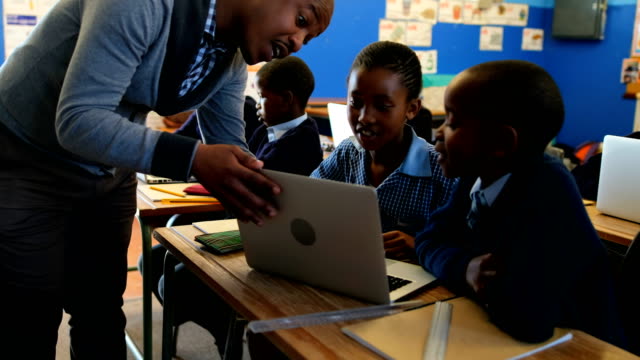Nurturing Tomorrow’s Leaders: Transforming Skills and Developing Youth
April 8, 2024
Transforming Skills and Developing Youth

In a rapidly evolving world where technology, society, and the workplace are in constant flux, the need to empower and equip youth with the skills necessary to thrive has never been more critical. Today’s young generation represents the future workforce, leaders, and innovators, and it’s imperative that we invest in their development to ensure a prosperous tomorrow. This blog delves into the significance of transforming skills and nurturing youth, exploring how these efforts can shape a brighter future for individuals and society as a whole.
The Importance of Skill Transformation
Skill transformation refers to the process of adapting and evolving skill sets to align with the demands of a changing landscape. With advancements in technology, globalization, and shifting economic paradigms, the skills needed to succeed in the modern world are constantly evolving. Traditional skill sets are being supplemented or replaced by new competencies such as digital literacy, critical thinking, adaptability, and creativity.
By facilitating skill transformation, we enable individuals to remain relevant and competitive in the job market, regardless of industry or sector. Moreover, it fosters innovation and drives economic growth by empowering individuals to tackle emerging challenges with agility and .ingenuity.
Empowering Youth Through Skill Development

Investing in youth skill development is not just an investment in the future; it’s an investment in the present. By equipping young people with the necessary skills, knowledge, and opportunities, we empower them to reach their full potential and contribute meaningfully to society from an early age.
1. Education Reinvented:
Traditional education systems are undergoing a paradigm shift, moving away from rote learning towards experiential and competency-based approaches. By integrating real-world applications, technology, and interdisciplinary learning into the curriculum, we can better prepare youth for the challenges they will face in the workforce.
2. Mentorship and Guidance:
3. Embracing Innovation:
Embracing innovation means embracing change. Youth should be encouraged to embrace emerging technologies, explore new ideas, and think outside the box. By fostering a culture of innovation and experimentation, we empower young people to become catalysts for positive change in their communities and beyond.
4. Lifelong Learning:
In today’s knowledge-based economy, learning is a lifelong pursuit. Encouraging youth to adopt a growth mindset and cultivate a passion for continuous learning is key to their long-term success. Whether through formal education, online courses, or hands-on experiences, the pursuit of knowledge opens doors to endless possibilities.
The Role of Community and Collaboration

Transforming skills and developing youth cannot be achieved in isolation. It requires a concerted effort from various stakeholders, including governments, educational institutions, businesses, nonprofits, and communities. Collaboration among these entities is essential to create a supportive ecosystem where young people can thrive and realize their aspirations.
1. Public-Private Partnerships:
Collaboration between government agencies, businesses, and educational institutions can bridge the gap
between education and employment. By aligning curriculum with industry needs, offering internships and apprenticeships, and providing funding for skill development programs, public-private partnerships can create pathways to meaningful employment for youth.
2. Community Engagement:
Communities play a vital role in nurturing youth talent and fostering a sense of belonging. Community centers, youth clubs, and grassroots organizations offer platforms for young people to connect, collaborate, and develop leadership skills through community service and civic engagement initiatives.
3. Global Perspective:
In an increasingly interconnected world, exposure to diverse cultures, perspectives, and experiences is invaluable. Exchange programs, cultural exchanges, and international collaborations broaden young people’s horizons, instilling in them a sense of global citizenship and empathy towards others.

